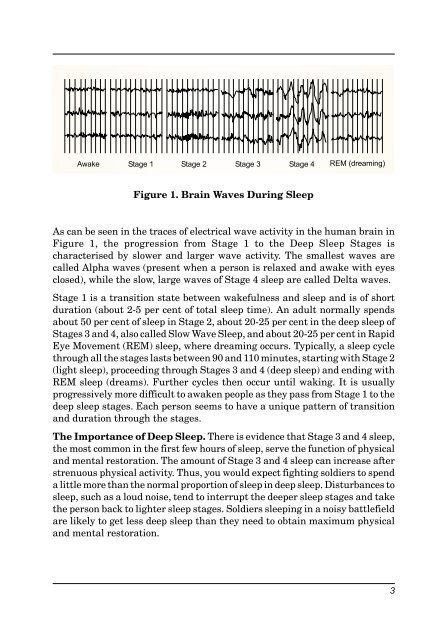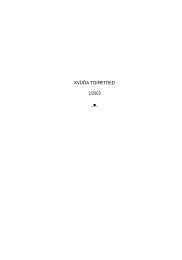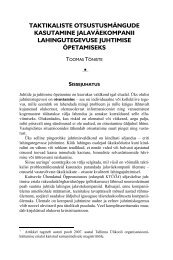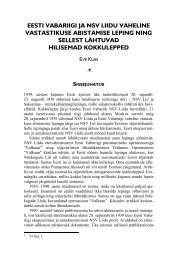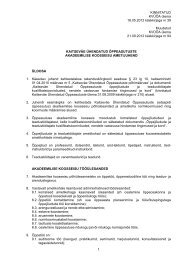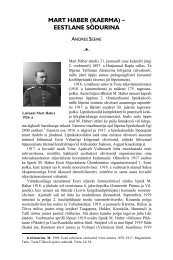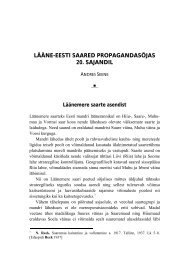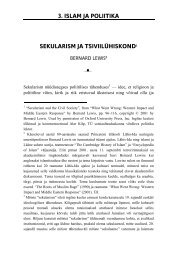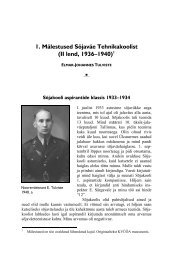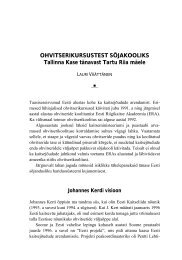Fatigue Management
Fatigue Management
Fatigue Management
You also want an ePaper? Increase the reach of your titles
YUMPU automatically turns print PDFs into web optimized ePapers that Google loves.
Awake Stage 1 Stage 2 Stage 3 Stage 4 REM (dreaming)<br />
Figure 1. Brain Waves During Sleep<br />
As can be seen in the traces of electrical wave activity in the human brain in<br />
Figure 1, the progression from Stage 1 to the Deep Sleep Stages is<br />
characterised by slower and larger wave activity. The smallest waves are<br />
called Alpha waves (present when a person is relaxed and awake with eyes<br />
closed), while the slow, large waves of Stage 4 sleep are called Delta waves.<br />
Stage 1 is a transition state between wakefulness and sleep and is of short<br />
duration (about 2-5 per cent of total sleep time). An adult normally spends<br />
about 50 per cent of sleep in Stage 2, about 20-25 per cent in the deep sleep of<br />
Stages 3 and 4, also called Slow Wave Sleep, and about 20-25 per cent in Rapid<br />
Eye Movement (REM) sleep, where dreaming occurs. Typically, a sleep cycle<br />
through all the stages lasts between 90 and 110 minutes, starting with Stage 2<br />
(light sleep), proceeding through Stages 3 and 4 (deep sleep) and ending with<br />
REM sleep (dreams). Further cycles then occur until waking. It is usually<br />
progressively more difficult to awaken people as they pass from Stage 1 to the<br />
deep sleep stages. Each person seems to have a unique pattern of transition<br />
and duration through the stages.<br />
The Importance of Deep Sleep. There is evidence that Stage 3 and 4 sleep,<br />
the most common in the first few hours of sleep, serve the function of physical<br />
and mental restoration. The amount of Stage 3 and 4 sleep can increase after<br />
strenuous physical activity. Thus, you would expect fighting soldiers to spend<br />
a little more than the normal proportion of sleep in deep sleep. Disturbances to<br />
sleep, such as a loud noise, tend to interrupt the deeper sleep stages and take<br />
the person back to lighter sleep stages. Soldiers sleeping in a noisy battlefield<br />
are likely to get less deep sleep than they need to obtain maximum physical<br />
and mental restoration.<br />
3


